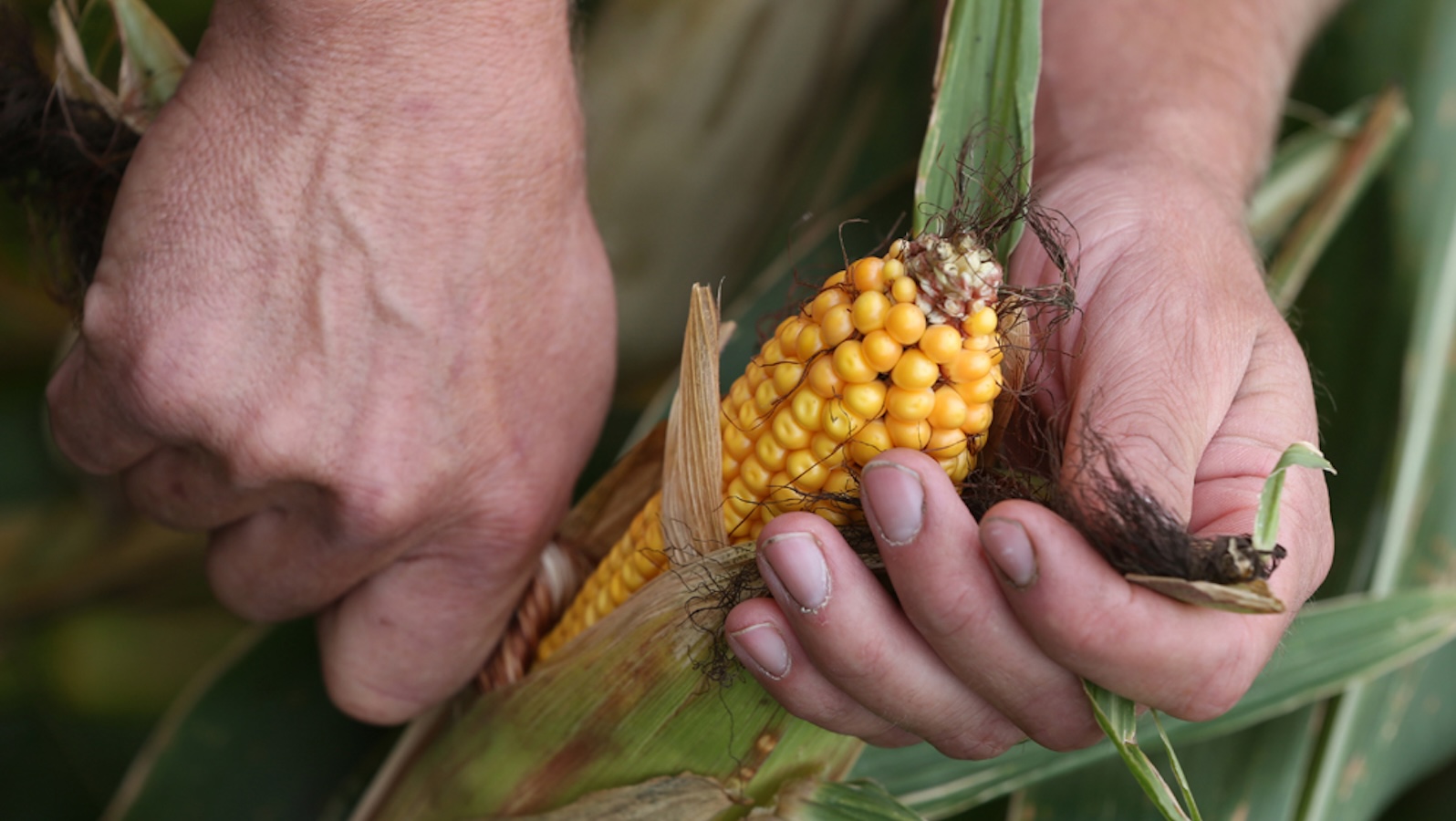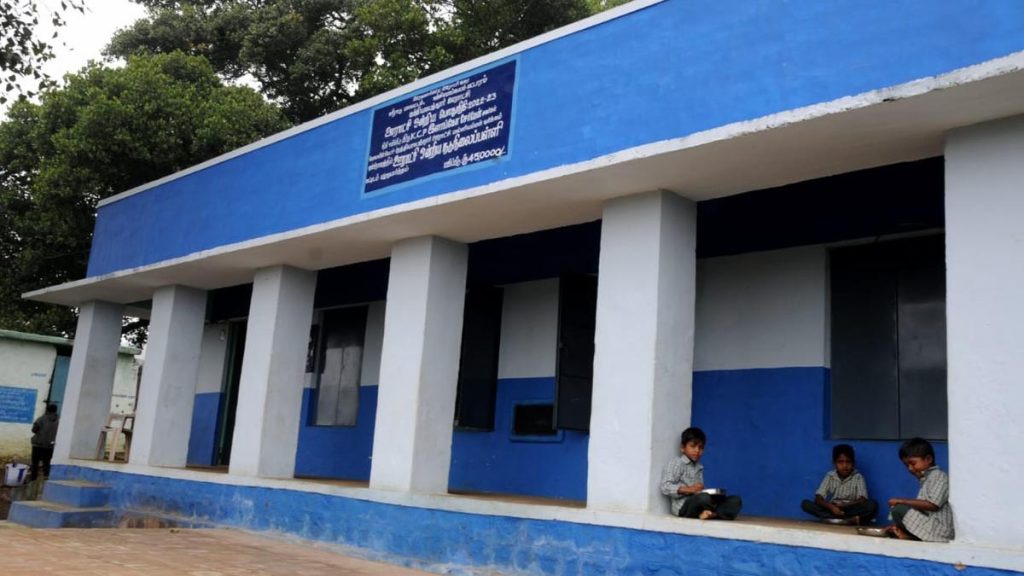Now Reading: Rising Temperatures May Drive Up Insurance Claims in US Corn Belt
-
01
Rising Temperatures May Drive Up Insurance Claims in US Corn Belt
Rising Temperatures May Drive Up Insurance Claims in US Corn Belt

Rapid Summary
- Crop Insurance System in the U.S.: Farmers rely on federally subsidized crop insurance to mitigate losses caused by extreme natural disasters like droughts and floods.
- Climate Change Impact: Rising global temperatures are projected to increase crop yield volatility, potentially doubling insurance payouts for corn growers by 2050.
- Corn Belt Region Meaning: The U.S. Corn Belt states (Indiana, Illinois, Iowa) produce most of the nation’s corn, which is vital for food supply chains including livestock feed, fuel production, and processed foods.
- Study Findings: A model projects worsening corn yields due to climate change; harvest shortfalls like those from the 2012-2013 bad season are expected to occur more frequently under warming scenarios from IPCC simulations.
- Economic Strain: Federal Crop Insurance Program (FCIP) payouts rose immensely due to rising temperatures ($27 billion increase between 1991-2017). Large farmers benefit more from FCIP policies-smaller farms face higher risks without insurance coverage in extreme weather events.
- Proposed Solutions: Experts suggest including regenerative agriculture practices in policy frameworks for soil health improvement but note institutional reluctance toward such changes within USDA’s Risk Management Agency.
Indian Opinion Analysis
The study underscores how climate-induced agricultural risks can destabilize critical food supply systems even in developed regions like the United States Corn Belt-reflecting broader global agricultural vulnerabilities that India must also address with urgency as a leading agrarian economy affected by climate change. For India-a country heavily reliant on crops susceptible to unpredictable monsoon patterns and heat stress-the findings reiterate the importance of bolstering risk mitigation strategies akin to robust crop insurance models while ensuring accessibility for smaller-scale farmers.
India might heed lessons learned hear regarding implementing regenerative agriculture practices alongside conventional farming methods but must evaluate solutions suitable to local socio-economic conditions and scales of farming operations carefully before execution at scale. If crafted judiciously under impartial frameworks governing subsidies or incentives tied with adaptive farming behaviors (similar debates abound around India’s MSP system), such approaches can lay foundations for long-term crop resilience better-aligned within evolving climatic realities globally challenging commodity stability interdependently rippling future down-line significant trade spreads logged vulnerable systemic nexus dependencies otherwise spiraling unsafe level wild variables increasingly stark/ actionable handlers nearer context…. (continued recommended deeper piece access linked full read into)
!Workers harvest corn near McIntire, iowa

























